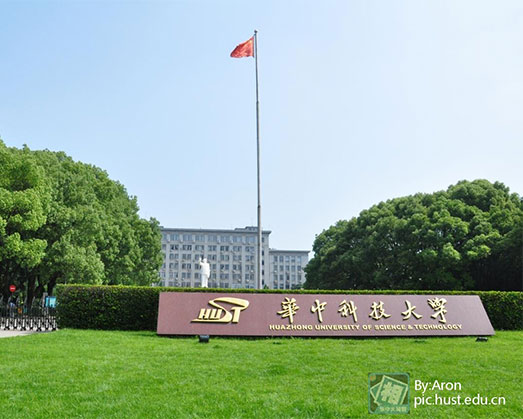China is attracting a massive influx of international students
A lot of international students want to stay in China after graduation, but the two-year work experience requirement makes getting a work visa challenging.
China's Ministry of Education held the first ever ministry sanctioned international students job fair in China at Peking University on April 18, attracting over 1,700 foreign students from nearly 100 countries, according to the Chinese Service Center for Scholarly Exchange (CSCSE), an organization under the Ministry of Education in charge of the job fair.
The event provided more than 300 positions from some 20 Chinese institutions and enterprises, including the Central Compilation and Translation Bureau, the China Railway International Group, Huawei and China Minsheng Bank, a press release from CSCSE said.
"There has long been a great demand among international students for professional vocational guidance and career counseling, and this first-of-its-kind job fair hosted by the authorities is a response to that demand," said Liu Guofu, a professor of immigration law at the Beijing Institute of Technology, and an invited senior researcher at the Center for China and Globalization. "This is a good move, but there is still more to be done."
According to statistics released by the Ministry of Education in mid-April, there were 397,635 international students from 202 countries and regions around the world studying in China in 2015, a 5.46 percent increase over 2014.
Though more and more international students are attracted to the Middle Kingdom, with China becoming the second biggest economy globally and being considered as a superpower which will drive the world, people still find it hard to pursue a life in China after graduation, largely due to a lack of career opportunities open to the expat community. Experts concede that while the central government is trying to encourage talented international students to stay and develop their career in China, there is still a lot to be done at the executive policy level.
While China is encouraging international talents to stay, there is still a lot to be done at the executive level.
China's global appeal
Eytan Tepper moved from Israel to Beijing in 2011 to pursue a PhD in international law at the China University of Political Science and Law.
"I wanted to know more about China, how it is changing, and how China is changing the world. I wanted to get an inside look at what will be the future of the world," he recalled when asked why he chose China for higher education.
"One of the major things that made me want to come to China after my first visit, and went with me all the way, is the incredible dynamism in Beijing and in China. Everything changes all the time, in every way you can think of. There are lots of activities in terms of culture and economy, and there is no dull moment."
Tepper thinks studying in China is a great opportunity for foreign students to learn from within what China is and how Chinese people live and think.
Arif Muhammad, 38, from Pakistan, is looking forward to graduating with a PhD from the Communication University of China in 2017. Majoring in development communication, he focuses on China's development, its impact on neighboring countries, Asia, and the world.
Muhammad worked in the Pakistani media for seven years before moving to China in 2010, and then for Reuters and China Central Television (CCTV) respectively. He attributes his interest in China to years of experience in journalism and a close observation of the world. "I like China's struggle for development. It's unique and special; it's impressive and worthy to be known," he said.
Muhammad now operates a website, nihao-salam.com, which mainly covers the China-Pakistan Economic Corridor, a major project of the One Belt, One Road initiative, and other news about the two countries.
"Asia is emerging. And apparently China is driving Asia. One Belt, One Road is linking Asia's power to the rest of the world," said Muhammad, who thinks highly of China.
According to the statistics released by the Ministry of Education, participant countries in the One Belt and One Road initiative are the main driving force behind the increasing number of international students studying in China.
Sally
Tel: 0086-571-88165697
Email:eduunion@cuecc.com
Skype:studycn001
QQ:2853662503
WeChat:CUECC2003
News&Opinion
 more
more- OFFICIAL LAUNCH OF BFSU ACADEMY OF REGIONAL AND ...
- G20: Hangzhou wins world's attention
- How To Buy Happiness - The Investment Of Travel
- Goodbye, Rio; hello, China
- 2016 Yunnan-Thailand Education cooperation and e...
- Nice to meet you---你好中文!
- China sending largest-ever team to Rio
- Going to a top university ’no guarantee of getti...
Policy&Laws
How to Get one Job in China---Beijing policy
A foreigner, right, shows his job application form at a human resour...
Guilin to offer 72-hour visa-free stays
GUILIN - The city of Guilin in South China's Guangxi Zhuang autonomo...
further strengthening the visa regulation of int...
After the promulgation of new Immigration Control Act in China, Entr...





 print
print  email
email  Favorite
Favorite  Transtlate
Transtlate 








